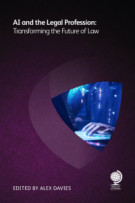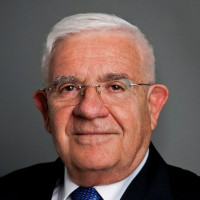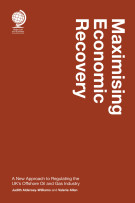
Now that the book is in its fourth edition, have you noticed any key differences since the previous editions?
The book was first published in 2000, at which time the trust and estate practice environment was calm and off shore jurisdictions were flourishing even before they changed their name to “financial centers”.
In 2016 we see dramatic changes in many jurisdictions:
- The new EU Regulation on Succession and wills became effective in August 2015 and could affect many people in EU countries and outside the EU. New regulations relating to reporting requirements of Trusts were enacted in many countries. OECD implemented automatic exchange of information rules.
- Tax Authorities in a number of countries conduct Voluntary Disclosure procedures in an attempt to collect taxes from undeclared assets owned by its residents.
- Trust and estate practitioners as well as financial institutions must adapt to these new realities in order to best serve their clients. The format and contents of the book was revised and updated to cope with the new challenges.
What would be your top tips for anyone considering setting up a trust?
Most important is to get the full set of facts right. What is the purpose for creating a trust, who are the parties involved (settlor and beneficiaries), and the choice of law of the trust and the jurisdictions where the trust is created and will operate.
As general editor and able to take a birds-eye view of trusts in different jurisdictions, do you see any general trends in the trusts space?
The general trend is to establish trusts for family and estate planning purposes rather than for use in tax planning.
What is your view on the perspective that trusts are currently under attack?
It is wrong to state that "trusts are under attack". The concept and legal structure of a trust is accepted in many countries (U.K., U.S.A, Canada, Australia etc.) The debate relating to trusts is not whether they should be used, but if and when a trust is misused for aggressive tax planning or for illegal activities. This is a problem which is not only related to trusts, but also and more often, to the use of companies. The legitimate use of trusts for estate planning and preservation of family assets for generations is here and will continue to stay.
Tell us about the STEP event in Israel
The STEP Israel annual conference has gained praise in the international community of trusts and estate and to private banking and tax professionals. The next scheduled event will take place on 15-16th June 2016 in Tel Aviv. The program includes more than 40 speakers organized in panels of specific subjects. The program is available on the STEP web site, http://www.step.org/events/step-israel-annual-conference-15-16-june-2016






